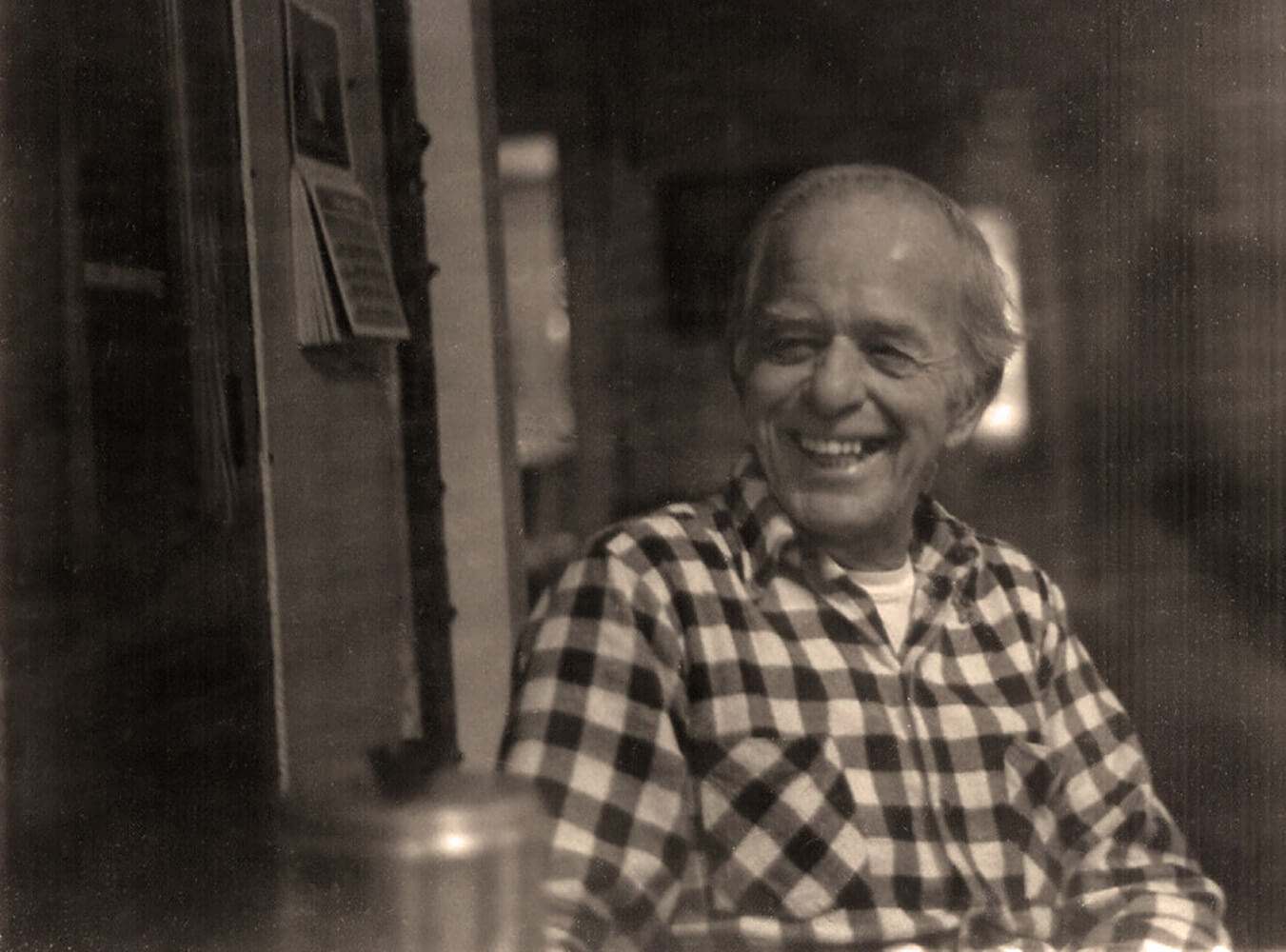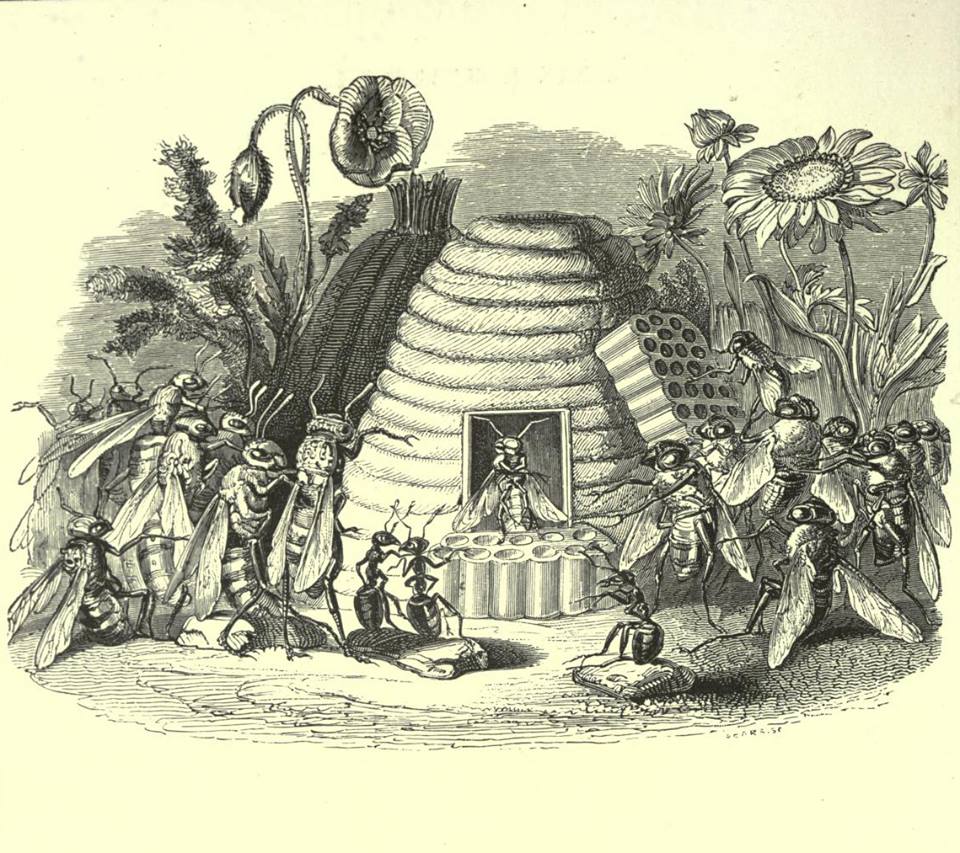
The honey bee population is declining at an alarming rate, down nearly 70% in some regions with no end in sight. The bees are threatened by the use of pesticides, genetically modified plants, virus' and the varroa parasite. Our country's crops and revenue depend hugely on the bees, whom polinate approximately 1/3 of our crops. The situation is emergent.
We support Bee The Change, a Vermont initiative to repurpose solar fields into an environment for our pollinator friends. We use their honey in our Meadow Ray Honey Mask.
Sweet, Sweet Honey
Honey Bees hold a special place in my heart, as beekeeping is a beloved Vermont family tradition. My grandfather, aunts and cousins have all kept bees, and although I have never kept bees myself, I feel lucky to be surrounded by such nurturing, patient and natureful souls. Easily the most hardworking creatures on earth, bees are truly wonderous and their results are nothing short of miraculous. As healthy as bee products are for our bodies internally, they are equally beneficial externally. We have carefully selected 5 actively beneficial bee products to create the ultimate facial and beauty balm for healthy, radiant skin - Manuka Honey, Bee Pollen, Beeswax, Bee Propolis, & Royal Jelly. We only use raw honey, and all the bee ingredients we use are pesticide-free, chemical-free, and anti-biotic-free. The sources of our bee ingredients treats the bees as humanely as possible and keep interference in the bees life to a minimum.
“Under normal conditions, a healthy colony of honey bees can have surplus ‘hive products’ removed without overtaxing the colony,” Eric C. Mussen, a bee expert at the University of California-Davis, told me via email. “Beekeepers do not have to ‘put pressure’ on the bees to perform. They perform at a high level anyway, so long as conditions are good. Beekeepers can only modify what is going on; they cannot increase or decrease output, like you can with a machine.” - Grist.org Read more about the different varieties and benefits of honey HERE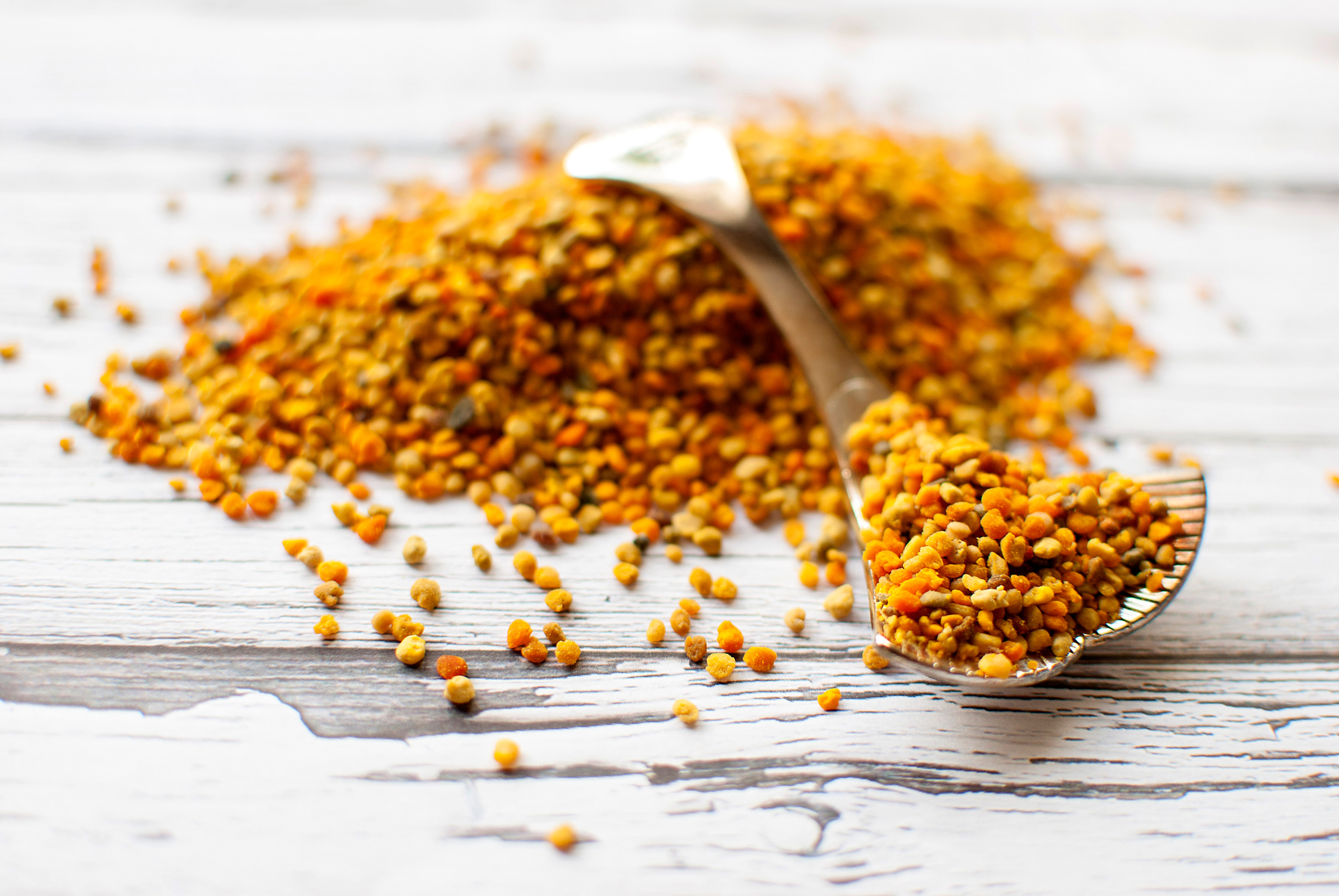
What can you do to save & support the bees?
- Keep pesticides out of your garden and yard, they can harm the bees!
- Leave weeds like clover and dandelions in your yard as a snack for bees.
- Grow a variety of flowers over the summer season for the bees to feast on, the more colorful, the better
- Bees are thirsty, leave fresh water outside your home in a basin or birdbath with some rocks so they can get a drink
- Buy local honey and bee products from local farms or farmers markets to help a support a robust pollination for your local food system.
- Read all about our honeybee ingredients on the blog
- READ MORE ABOUT HONEY
"The greatest value of honey bee pollination is associated with the production of seeds that will have worldwide distribution. Twenty vegetables, including asparagus, carrots, celery, onions, radishes, and turnips produce seeds only when their flowers have been adequately pollinated. Likewise, seed production of forage crops such as alfalfa, various clovers, trefoil, and vetch, requires many visits by foraging bees. Including the "indirect" value of honey bee pollination (meat, dairy products, vegetables, hay, etc.), honey bees are responsible for nearly half of California's agricultural production (cash receipts for farm marketing), which is currently valued above $32.0 billion. Thus, honey bee pollination is really worth in excess of 400 times the intrinsic earning power of the bees to beekeepers." - Eric C. Mussen
Below are photos my family was kind enough to share of their beekeeping throughout the years. Although we do not use family ingredients, I hope you enjoy the beauty of the honey bees.
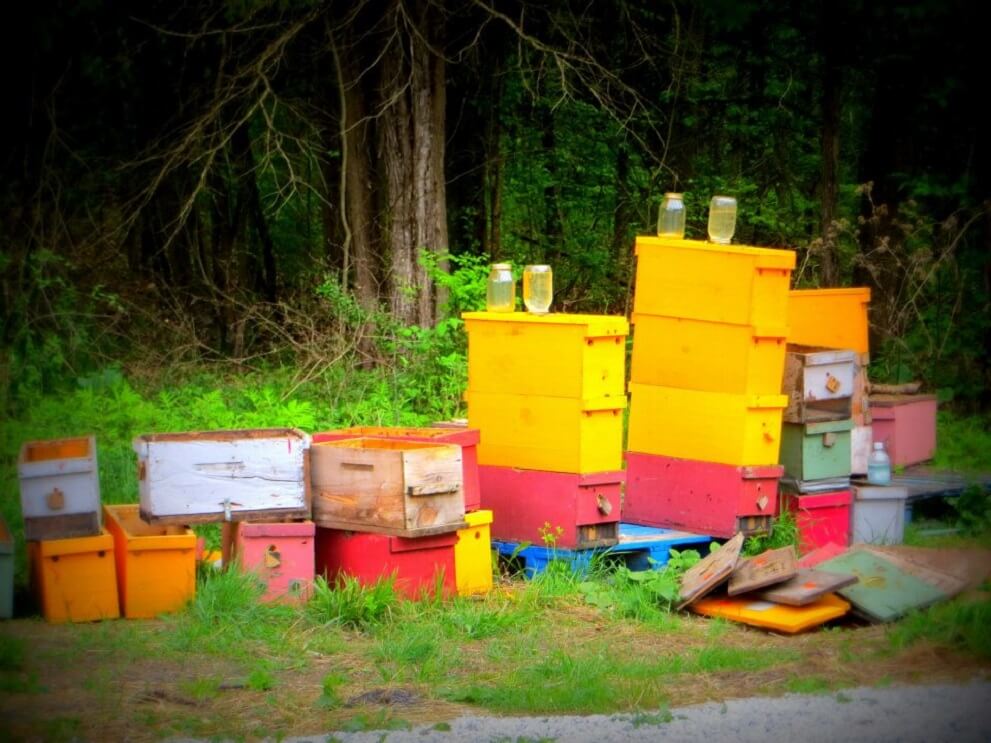

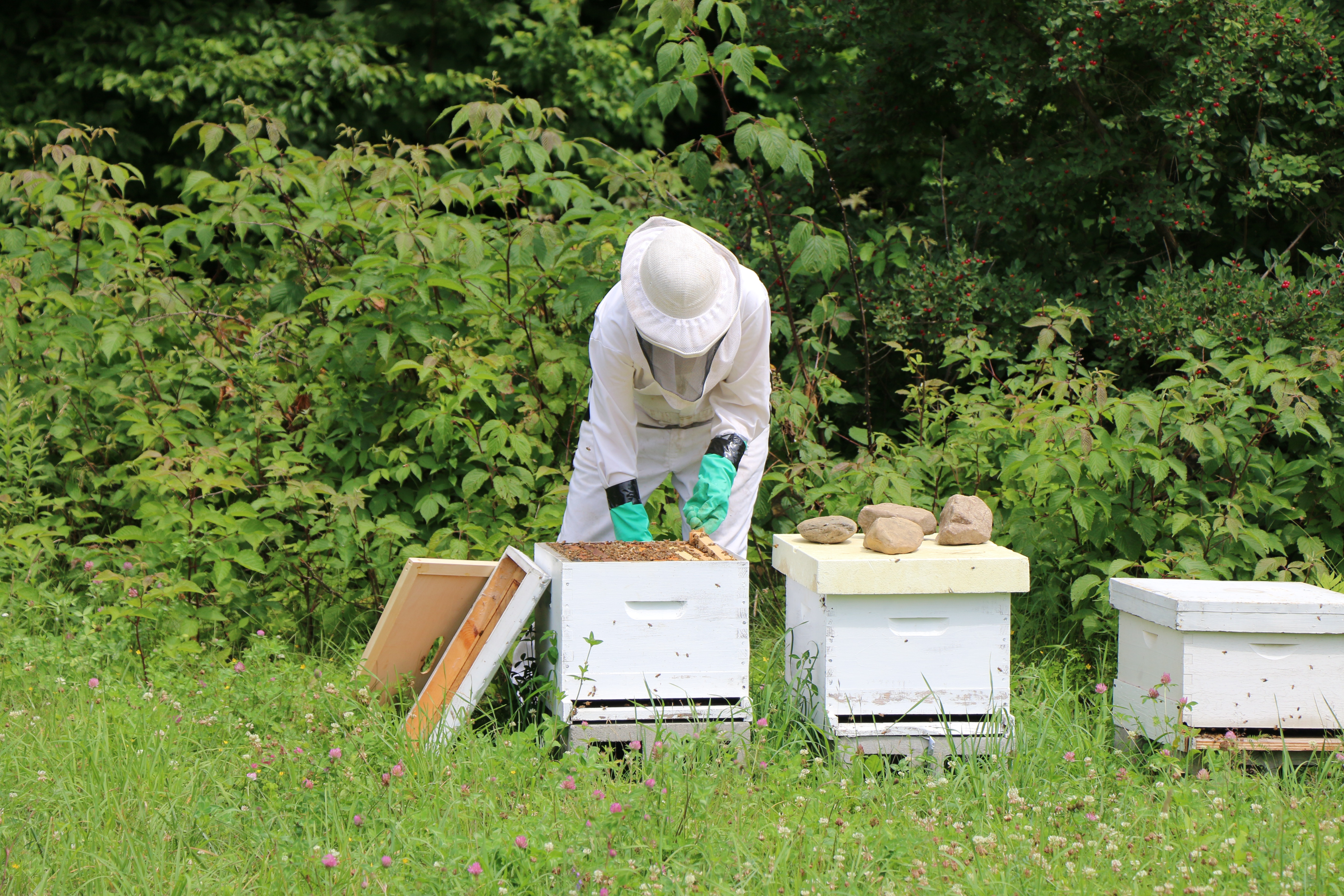
My Aunt Jennie & Cousin Molly in full bee gear!
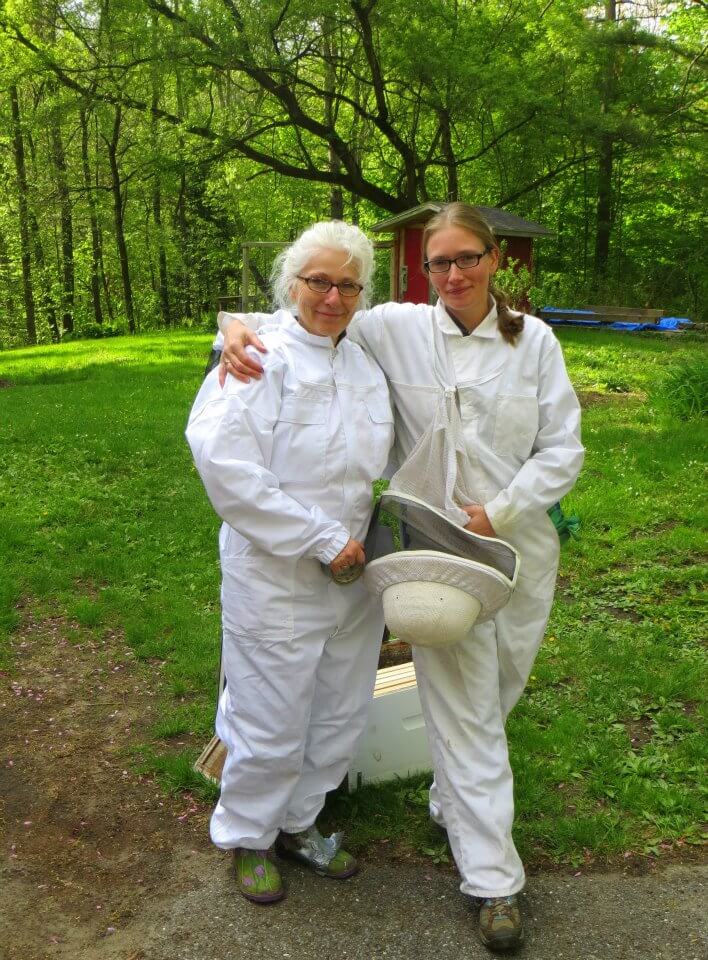
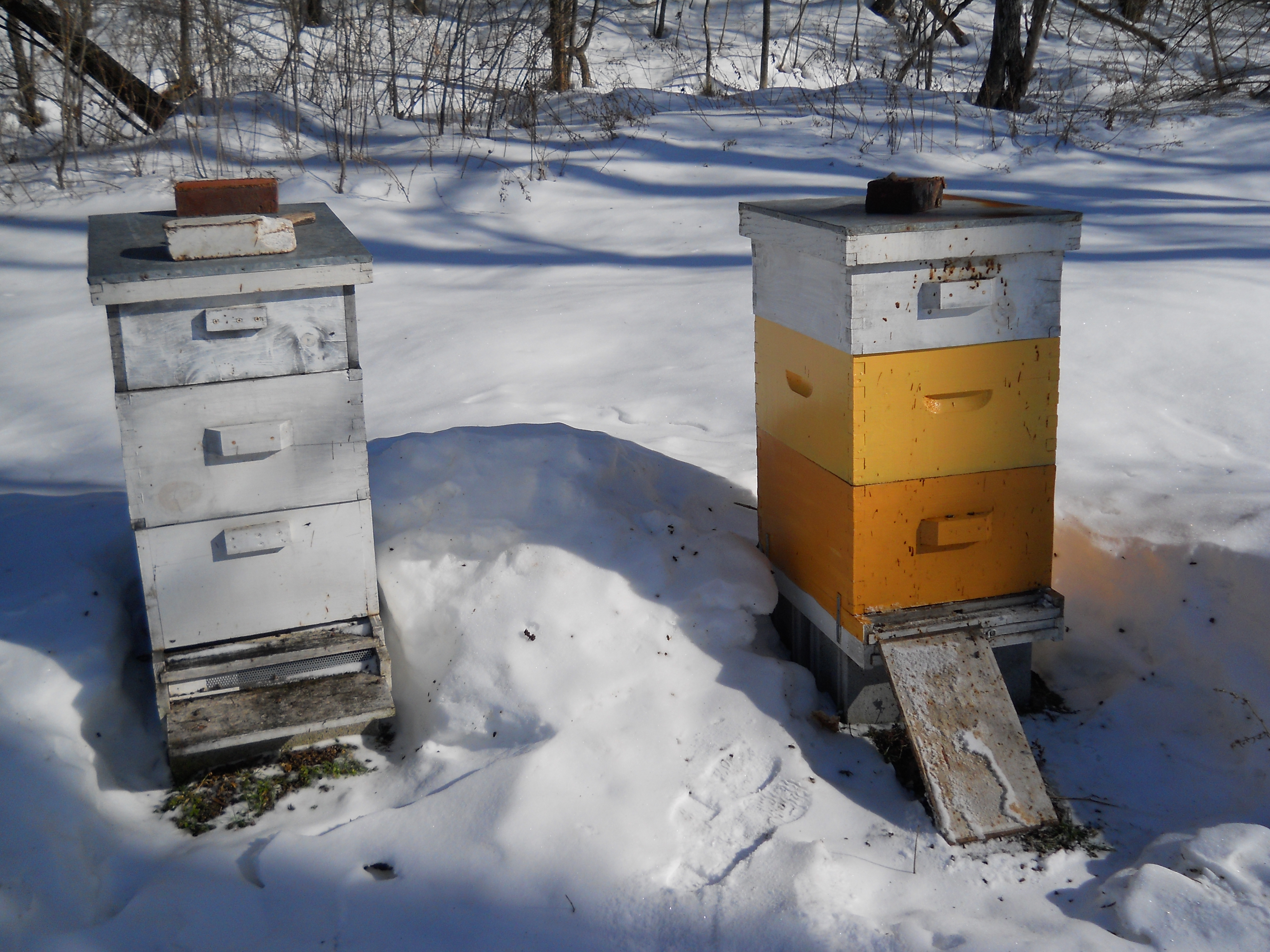
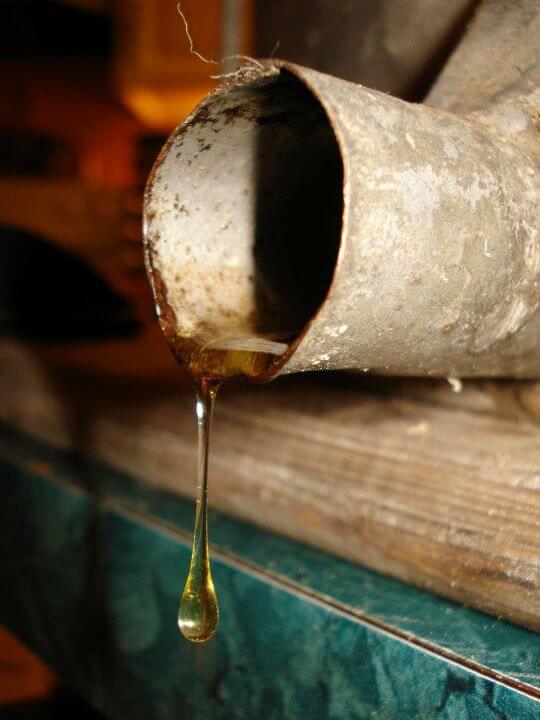

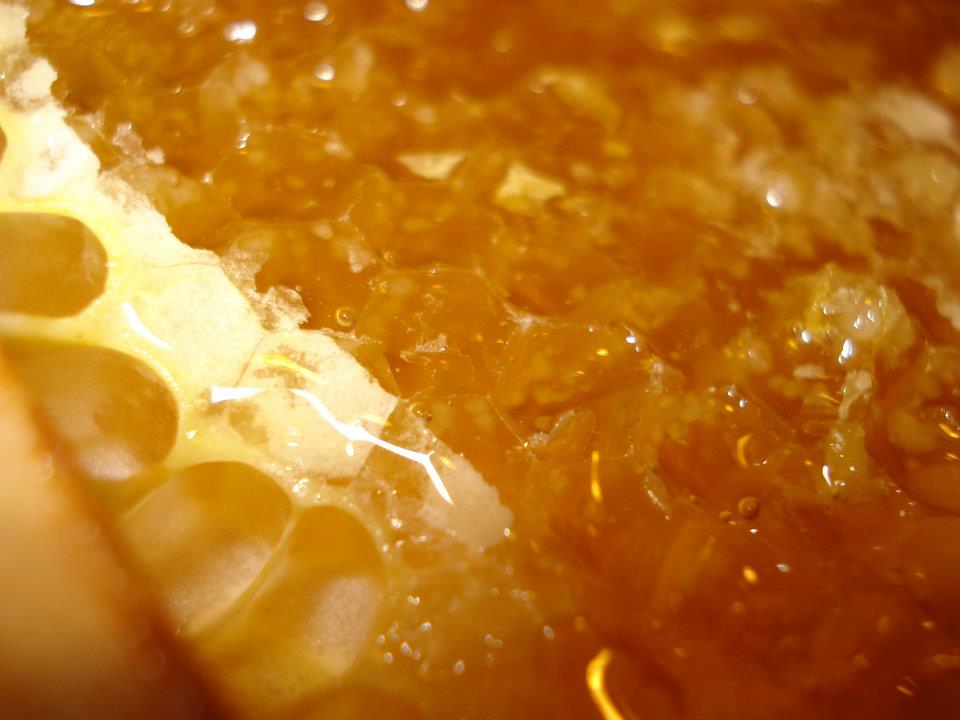
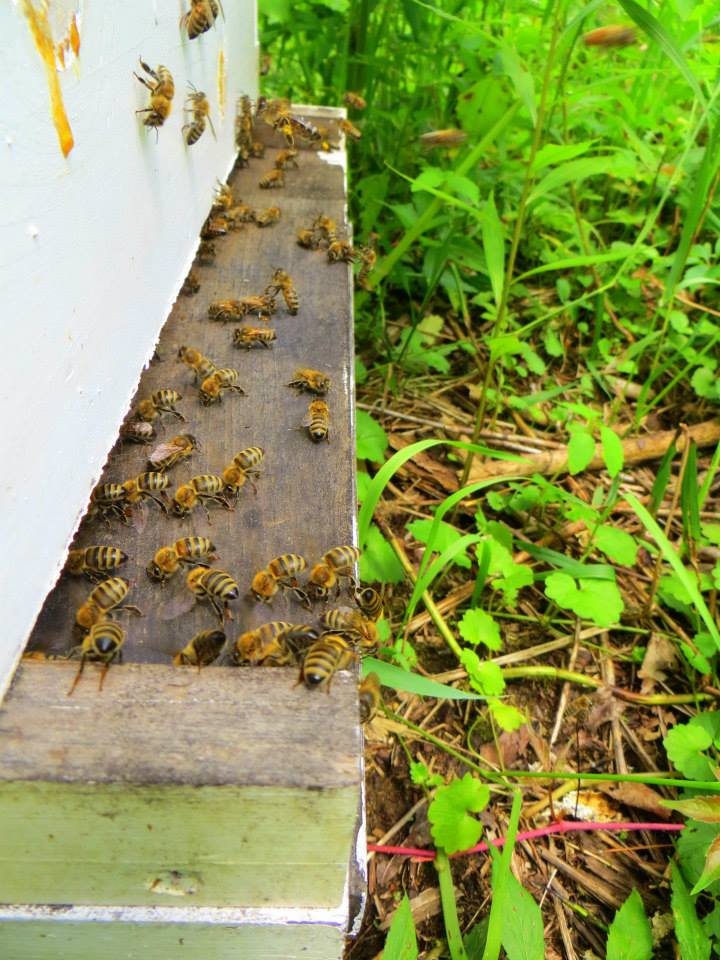
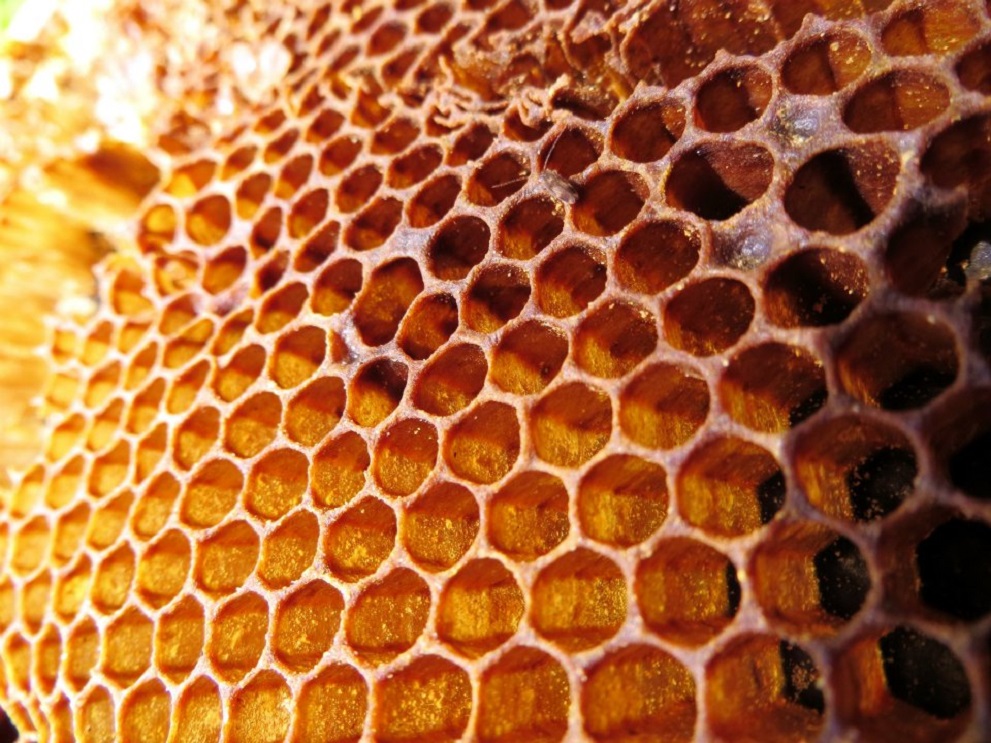
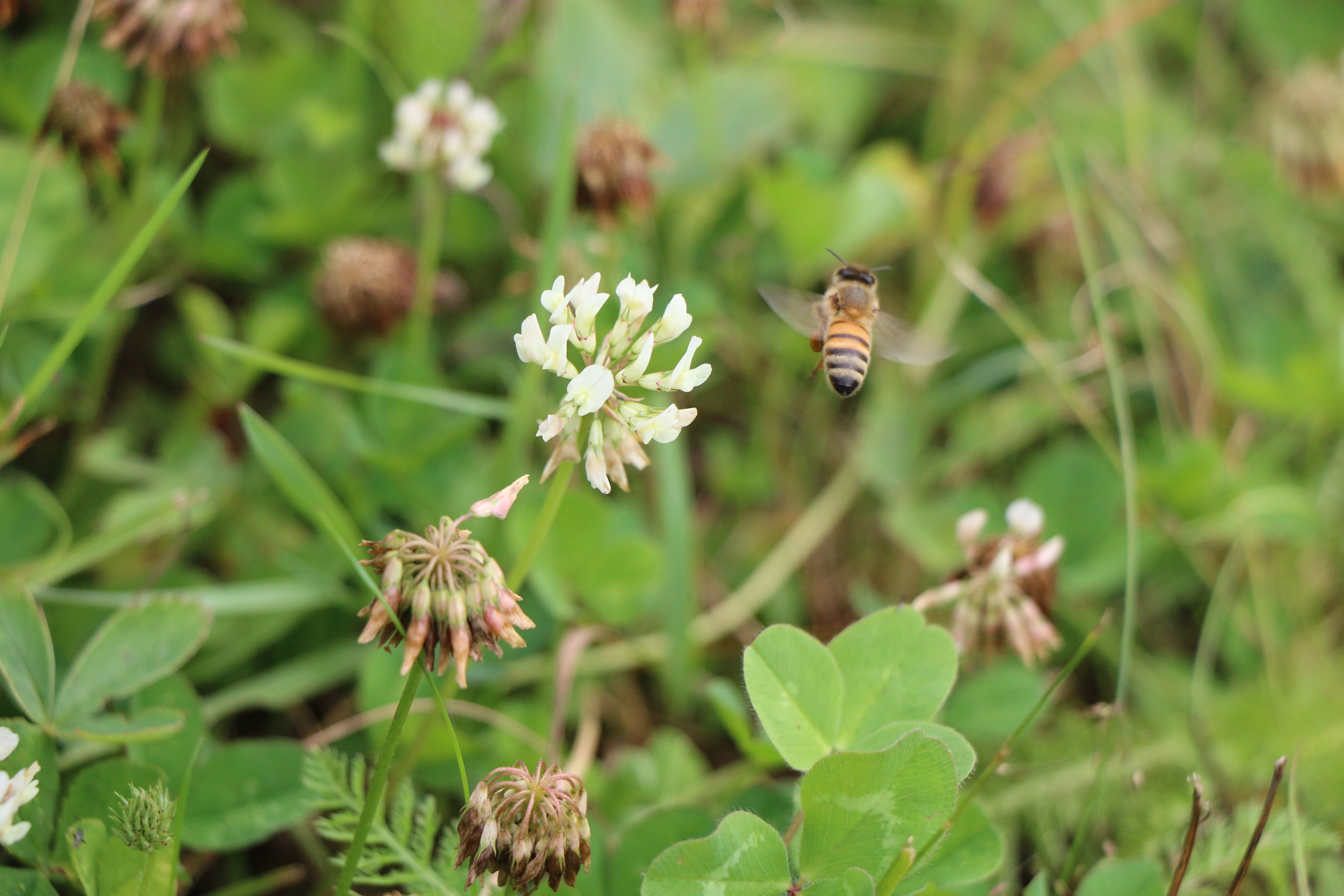 \
\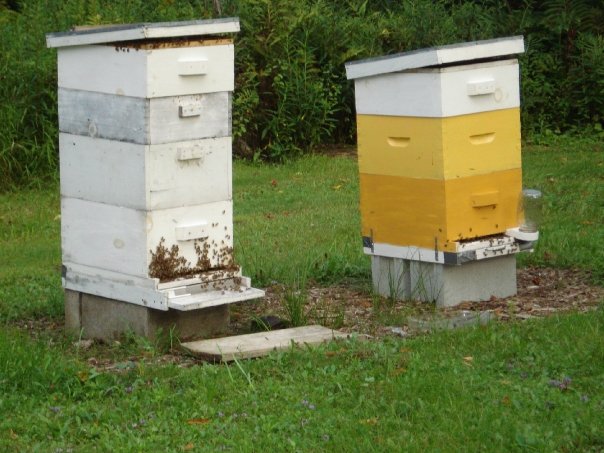
My grandfather, Edward Masterson, first of the family beekeepers
